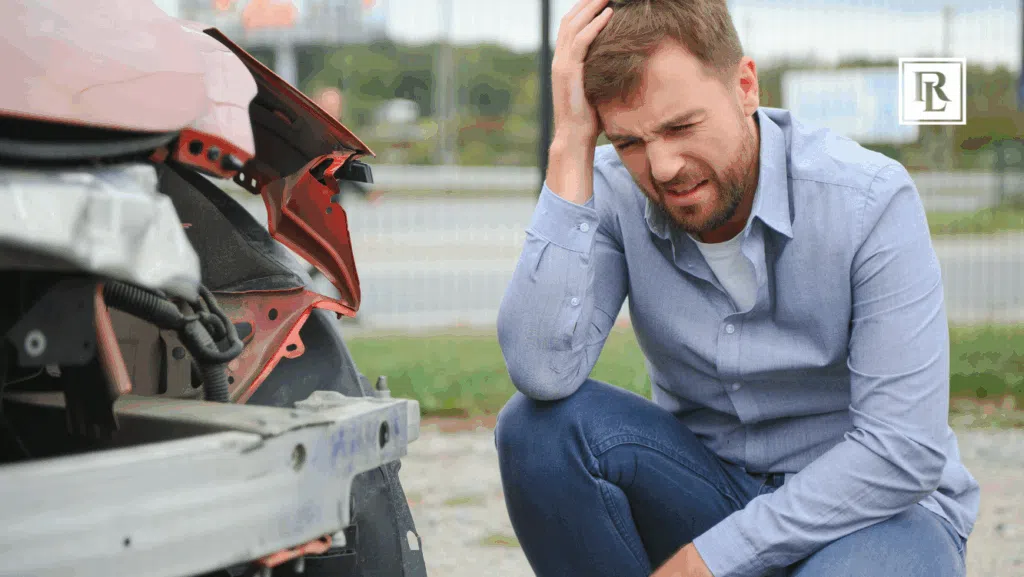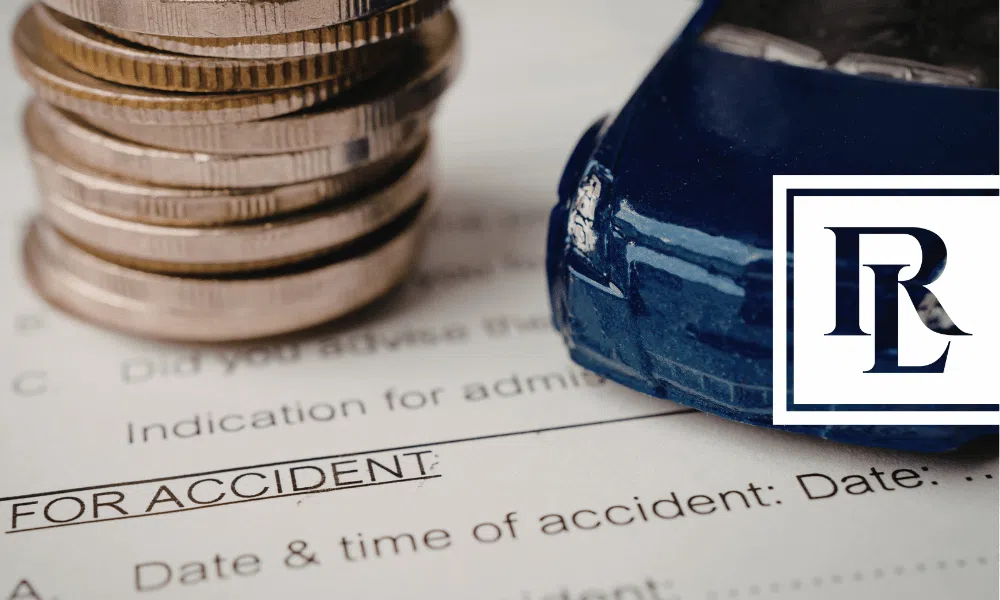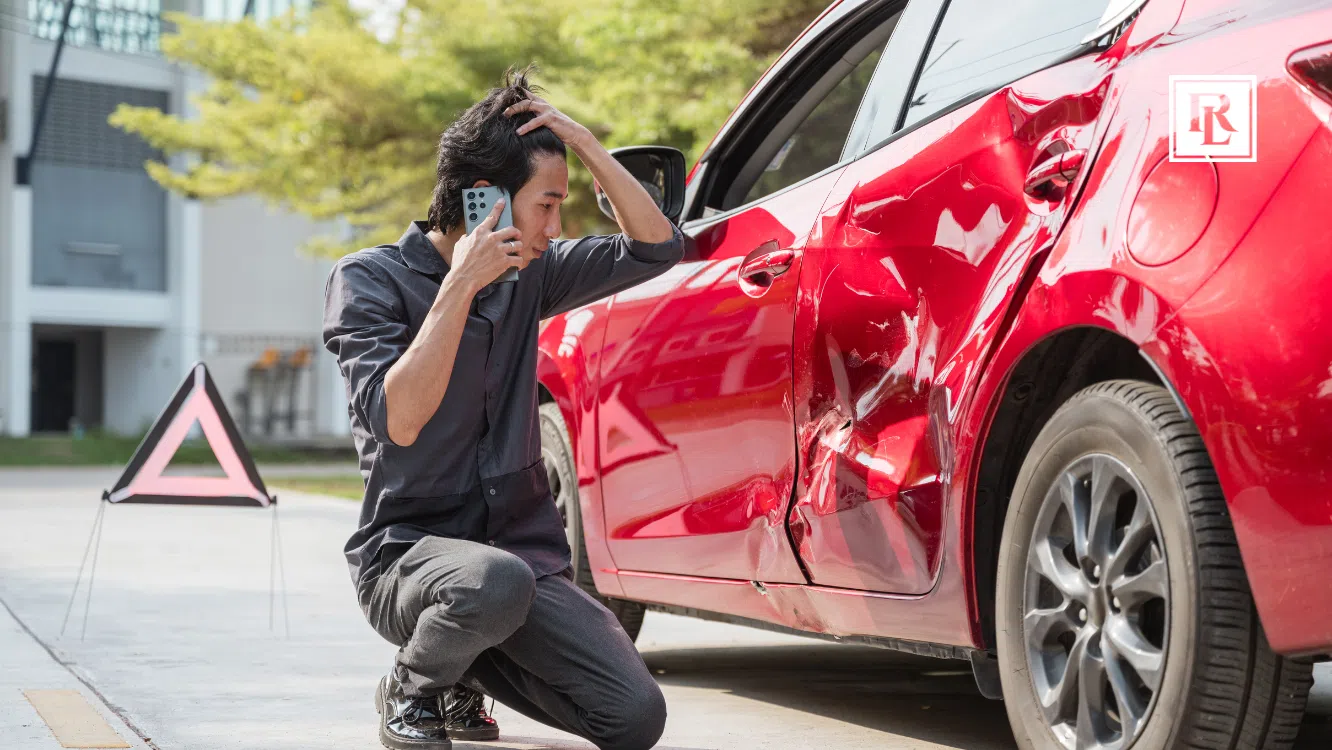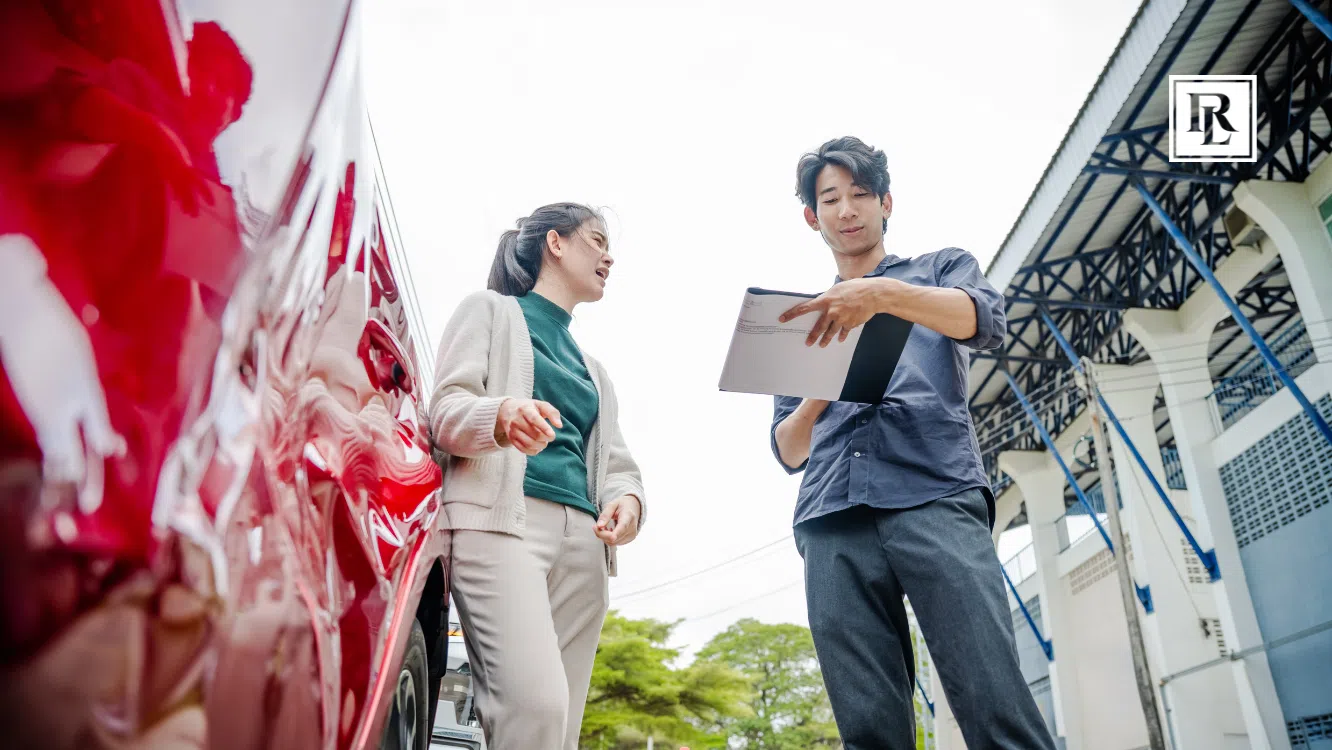When drivers are involved in a motor vehicle accident in New Hampshire, those whose negligence contributed to the crash may be held liable for any resulting injuries and damages.
On this page, the trusted car accident lawyers at Rob Levine Law explain how fault for crashes is determined under New Hampshire law and when other drivers, employers, and even government entities can be held liable. If you’ve been hurt in a vehicle accident, we can help you get justice. Contact us online or call (888) 791-9135 today for a free consultation.
How Is Fault Determined in New Hampshire?
New Hampshire has a modified comparative negligence system that assigns fault to those involved in a vehicle accident based on their individual liability. The system follows a “51% rule,” meaning victims can only recover compensation if they are 50% or less at fault for a crash. However, the compensation recoverable is reduced in proportion to their share of the fault.
Consider a case where your total damages amount to $20,000.00, and the jury thinks you are 10% fault. Under New Hampshire’s comparative negligence rule, your recovery compensation is reduced by your share of responsibility. A 10% reduction equals $2,000.00, leaving you with a final award of $18,000.00.
The party pursuing a vehicle accident claim generally has the burden of proving another party’s liability under New Hampshire’s at-fault auto insurance laws. In New Hampshire, any motor vehicle accident causing death, personal injury, or combined vehicle/property damage in excess of $1,000.00 must be reported in writing to the New Hampshire Division of Motor Vehicles within 15 days. Showing that the driver was violating traffic laws or generally behaving negligently can help establish fault. Types of evidence that can help prove liability for a crash include the following:
- Police reports
- Witness statements
- Physical evidence from the scene, including vehicle damage and skid marks
- Photos or video of the accident, including traffic camera footage
When Is the Other Driver Liable?
If the other driver in a vehicle accident caused the crash through negligent, careless, or reckless behavior, they will likely be held liable for your injuries and damages.
Examples of negligence that may cause or contribute to a New Hampshire vehicle accident include the following:
- Distracted driving, including texting or using the phone
- Speeding
- Failing to adjust to hazardous conditions like black ice
- Cutting off other drivers
- Failing to yield the right of way
- Running red lights or stop signs
- Road rage, or intentionally reckless and aggressive driving
- Driving under the influence of drugs or alcohol, known as DUI
When Is the Other Driver’s Employer Liable?
Employers can be held vicariously liable for their employees’ actions in certain circumstances, such as if a worker causes a vehicle accident while on the job. Drivers that can expose their employers to vicarious liability include:
- Workers driving company vehicles while performing or on their way to perform job-related tasks
- Commercial truck drivers
- Food delivery drivers
Companies are also responsible for ensuring their drivers have proper training and use safe vehicles. Hiring unfit or unqualified drivers, improperly maintaining company vehicles, or failing to follow other safety standards can also make an employer liable for a crash.
Rideshare drivers for companies like Uber and Lyft are typically classified as independent contractors, rather than employees. Thus, rideshare companies are usually not vicariously liable for accidents. However, they do carry insurance coverage that may apply, depending on the driver’s status at the time of the accident. If you are harmed in an accident that occurs while the driver is logged into the app, you might be eligible to file a claim under the rideshare company’s coverage.
When Is the Government Liable?
State and local governments in New Hampshire are generally protected from most civil lawsuits by municipal immunity. However, exceptions apply in the following situations:
- Failures to inspect and repair infrastructure, such as bridges or traffic lights
- Negligent road design, including improper signage, poor construction, or unnecessarily sharp turns
- Defective road conditions, including unaddressed hazards like potholes and road debris
- Negligence by government employees, such as those driving police cars, fire trucks, public buses, or other government-owned vehicles
Even in situations where you can potentially sue a government entity for a New Hampshire vehicle accident, the process of bringing a claim follows unique and often stricter rules, and different deadlines apply. If you believe you have a claim against the government, a knowledgeable car accident lawyer can help you navigate the complicated procedural hurdles in the way of filing a lawsuit.
When Are You Liable?
In some cases, you might be the party responsible for causing or contributing to a motor vehicle accident. Tailgating, illegal U-turns, fatigued driving, and other negligent actions can make you partially liable for a crash—even if the other driver is more liable.
New Hampshire’s modified comparative negligence system still allows you to recover some compensation if you aren’t 51% or more at fault for the accident. However, your share of the blame will proportionately reduce the damages you can recover. Thus, insurance companies have an incentive to pin as much blame as possible on you. It’s vital to have an experienced attorney on your side to counter attempts to shift blame to you and pursue a settlement for the full compensation you deserve.
Rob Levine Law Can Help Determine Who Is Truly Liable
If you’ve been hurt in a vehicle accident in New Hampshire, the stresses of your injuries, finances, and recovery are worrying enough. You shouldn’t have to deal with disputed liability or the complicated personal injury claims process. That’s where the skilled Manchester car accident lawyers with Rob Levine Law come in.
Over our more than 25 years of practice, we’ve helped over 50,000 injury victims like you secure the damages and disability benefits they’re owed and get the justice they deserve. We’ve recovered over $2 billion in total compensation and benefits by aggressively taking on insurance companies on behalf of those in need—all without charging any upfront fees. With our Fee Free Guarantee®, you won’t owe us anything unless you win your case.
We’re ready to get to work for you. Contact us online or call (888) 791-9135 today to schedule your free consultation with our trusted team.





